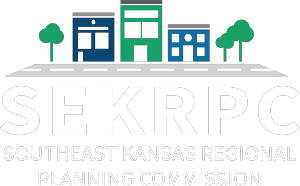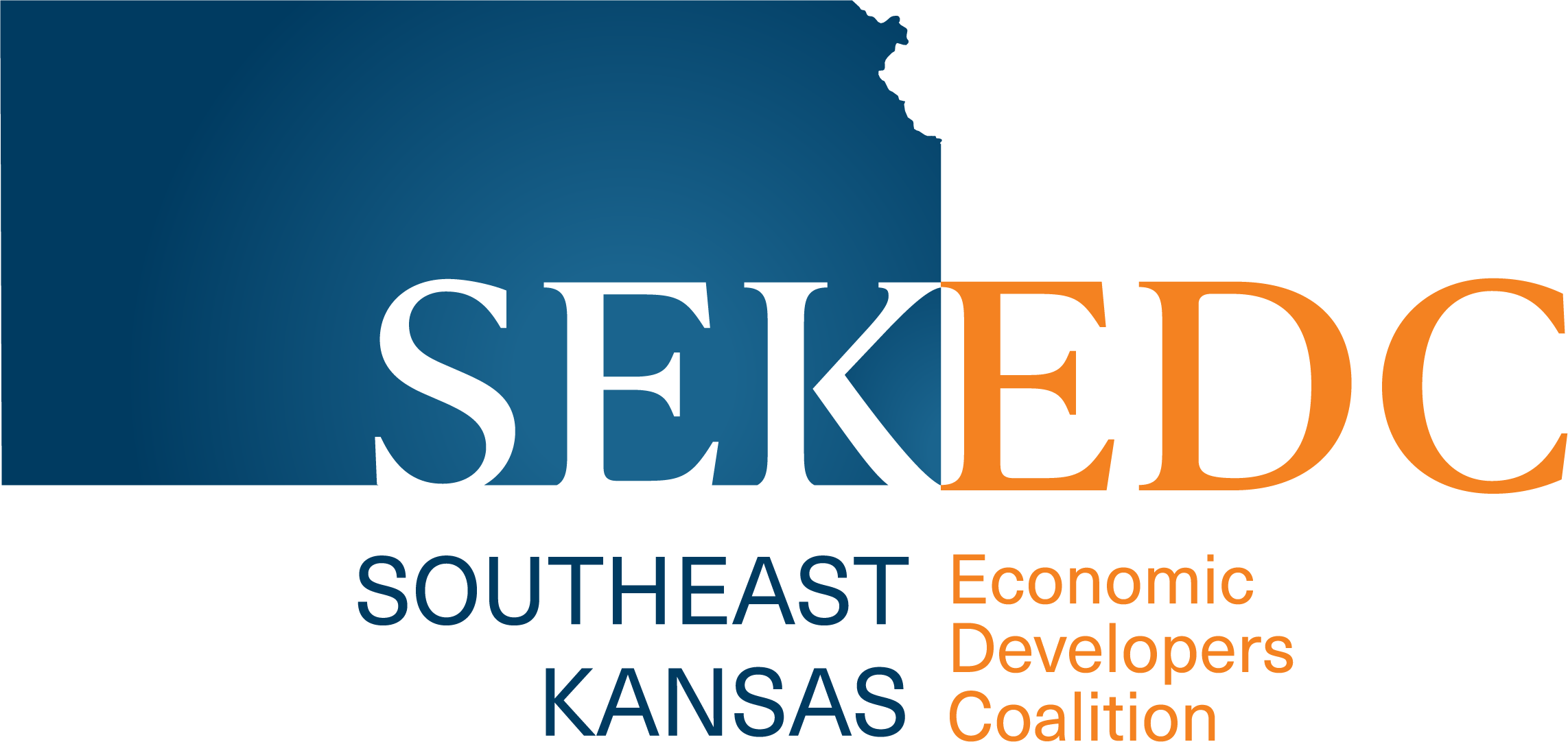Business Assistance Programs
There are many options and resources available for business assistance. The list below is not intended to be an all-inclusive list, but a good starting point with links for more detailed information on each topic. The Kansas Department of Commerce has also put together a great resource guide of Kansas Business Incentives.
Kansas Business One Stop is a comprehensive website for entrepreneurs to access a variety of resources to help them Plan, Start, Operate, Grow, or Sell/Close a business.
CDBG Economic Development Grants/Loans - Business finance grants to cities or counties can be loaned to private businesses to provide gap financing that creates or retains permanent jobs. Funding is also available for infrastructure improvements that directly create or retain permanent jobs. Eligible activities include infrastructure, land acquisition, fixed assets and working capital. The funding ceiling is $35,000 per job created or retained with a maximum of $750,000.
Kansas Brownfields Program - Brownfields are real property - the expansion, redevelopment, or reuse of which may be complicated by the presence or potential presence of a hazardous substance, pollutant, or contaminant. Often the potential liability associated with contamination complicates business development, property transactions, or expansion on these properties.
- Brownfield Targeted Assessment Application Package
- Kansas State University Technical Assistance to Brownfields
- Apply for Brownfields Grant Funding (link to EPA site)
- Brownfields Program Flyer (.pdf)
Industrial Revenue Bonds (IRBs) - In Kansas, IRBs are issued by cities, counties and the Kansas Development Finance Authority. Proceeds from the sale of the bonds to private investors are made available to enable creditworthy companies to purchase land and pay the costs of constructing and equipping new facilities or the costs of acquiring, remodeling and expanding existing facilities. If IRBs are used to finance certain types of facilities, interest payable to the owners of the bonds is exempt from federal income tax. This type of IRB is generally called a “tax-exempt” bond.
Interest payable on bonds issued to finance other types of commercial facilities, or to finance non-qualifying portions of an eligible facility, is subject to federal income taxation. This type of IRB is generally called a “taxable” bond.
Interest payable on all IRBs is exempt from Kansas income taxation. Because interest received by owners of tax-exempt IRBs is not subject to federal income taxation, the rate of interest on such bonds may be as much as 2 to 2.5 percent (average annual interest cost) below interest rates charged for a comparable taxable bond or taxable conventional loan. In many cases, IRBs afford long-term, fixed-rate financing not otherwise available for a business’ capital investments. Adjustable rate financing is also available to businesses that are willing to risk exposure to fluctuating (and potentially higher) interest rates.
In IRB financing, the bond issuer either directly loans the bond proceeds to a private business or acquires ownership of the property financed and leases it to the business. The loan payments or lease rentals are used to repay the bonds with interest. Typically, in a lease structure, the business is given an option to purchase the property at the end of the lease term for a nominal sum. Proceeds from the sale of the bonds are placed in escrow with a bank and used as directed by the business to pay eligible costs of constructing, acquiring and installing the facilities. The business may have up to three years to spend the proceeds of tax-exempt bonds on eligible property.
One benefit of IRBs issued by cities and counties is eligibility for full or partial property tax abatement for the financed facilities for up to 10 years and a sales tax exemption for labor and materials purchased for new facilities. These benefits apply to both tax-exempt and taxable bonds.
Issuance of IRBs by cities and counties is governed by Section 12-1740 et seq. of the Kansas Statutes Annotated. Kansas Development Finance Authority bond issuances are governed by Section 74-8901 et seq. Many bond issuers also have their own policies and regulations regarding issuance of IRBs and the granting of property and sales tax exemptions for the financed facilities.
Tax Increment Financing (TIF) is a real estate redevelopment tool applicable to industrial, commercial, intermodal transportation area and residential projects. TIF uses the increases in real estate tax revenues and local sales tax revenues to retire the bonds sold to finance eligible redevelopment project costs (K.S.A. 12-1770 et seq.) or to reimburse the developer on a pay-as-you-go basis.
Property Tax Abatement - The Board of Tax Appeals (BOTA) Liaison provides instruction and technical assistance for entities applying for economic and/or industrial revenue bond tax abatements on real estate property. The BOTA Liaison works with the Board of Tax Appeals to facilitate tax exemptions. In addition, the Liaison provides support with applications and related documents, explains policies and procedures and assists in certification completion. This tax abatement assistance is available at no charge.
Kansas Angel Investor Tax Credit (KAITC) - The KAITC Program is administered by the Kansas Department of Commerce and is designed to bring together accredited angel investors with qualified Kansas companies seeking early stage investment. The “Kansas Angels” program helps provide access to capital for Kansas start-ups.
Private Activity Bonds (PAB) - Private Activity Bonds (PAB) are federally tax-exempt bonds issued by or on behalf of a local or state government for the purpose of providing special financing benefits for qualified projects. The financing is most often for projects of a private user, and the government generally does not pledge its credit. Private activity bonds are sometimes referred to as conduit bonds. Examples of qualified projects these bonds have been used for include, but are not limited to:
- Mass commuting facilities
- Water furnishing
- Sewage facilities
- Solid waste disposal facilities
- Qualified residential rental projects
- Facilities for the local furnishing of electric energy or gas
- Local district heating or cooling facilities
- Hazardous waste facilities
Work Opportunity Tax Credit (WOTC) - Work Opportunity Tax Credit is a federal tax credit available to employers for hiring individuals from certain target groups who have consistently faced significant barriers to employment.
This allows the individual to move from economic dependency into self-sufficiency as they earn a steady income and become contributing taxpayers. An employer can receive a federal tax credit that varies between the amounts of $2,400 to $9,600 per applicant.
Kansas Rural Opportunity Zones - The state of Kansas has designated 95 counties as “Rural Opportunity Zones,” which means moving there comes with significant added benefits. Designated counties offer one or both of the following financial incentives for new full-time residents:
- Student Loan Repayment Assistance - Provides up to $15,000 in Student Loan Repayment Assistance over 5 years
- 100 % State Income Tax Credit
Kansas Business Incentives and Services - The state of Kansas offers several programs and services to businesses locating or expanding in Kansas.
- For a full list click here Business Incentives and Services
- Kansas Business Incentives Brochure View pdf brochure
Kansas Workforce Programs – The State of Kansas offers several workforce programs.


